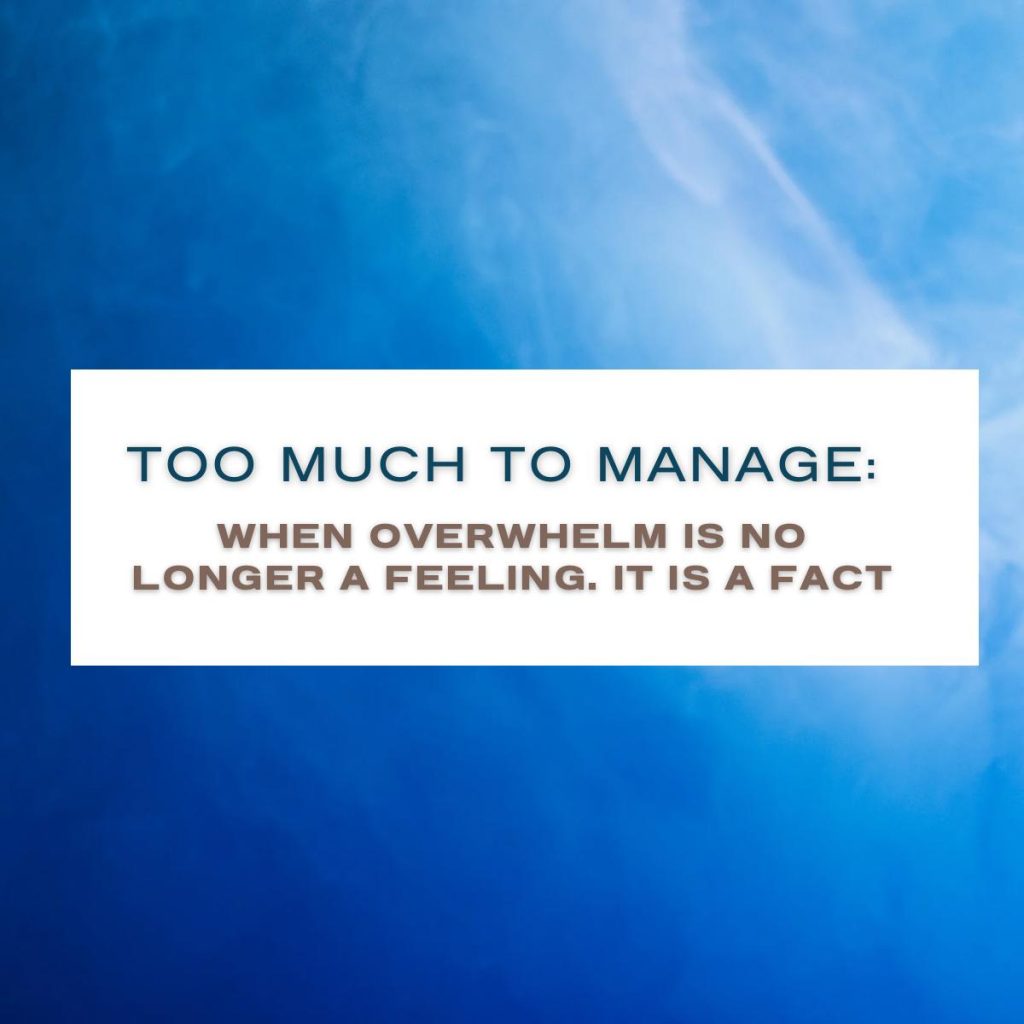You are not just busy.
You are overloaded.
The deadlines are real.
The files are stacked.
The matters are active.
The clients are calling.
This is not anxiety or poor planning. This is math:
You have more work than one person can reasonably do, yet you are still the one responsible.
And no number of motivational quotes or breathing techniques will change that.
So, what now?
At PMRI, we train lawyers to build resilience, mental clarity, and professional sustainability.
But first, we help them tell the truth:
You cannot outthink a system that is built to exceed your limits.
But you can take back control, even in overload.
First, Name the Shift: From Strategy to Triage
When you are in ordinary pressure, you can plan, delegate, block time, manage.
But when you are in true overwhelm, you need to shift from optimisation to triage.
Triage does not mean you are failing.
It means you are adapting to a temporary breach in capacity.
You must move from perfection to preservation of your mind, your reputation, and your focus.
What to Do When You are Under Water
1. Stop Pretending You Can Do It All
This is not the time to “push through.”
This is the time to get ruthlessly real.
List out everything. Every active matter, every to-do, every expectation. Get it out of your head and in front of you.
Now mark:
- What must be done today
- What can be postponed with explanation
- What can be handed off or simplified
- What is urgent only in perception, not in law or fact
You cannot solve overwhelm from inside it.
You need visibility.
2. Communicate Early. Not Emotionally.
Silence during overwhelm breeds distrust, internally and externally.
Let relevant parties (colleagues, clients, assistants) know:
“I am managing a high-demand period across multiple active files. To protect the integrity of my work, I will be slightly delayed on [X], and I will update you by [Y].”
Professional. Composed. Honest.
People rarely resent a delay if they trust your control.
They resent not knowing.
3. Switch to ‘Minimum Viable Excellence’
This is a phrase we use at PMRI:
What is the minimum standard of quality I can uphold without compromising my reputation or ethics, given my current bandwidth?
This is not cutting corners.
This is applying discernment.
Not every paragraph needs to be perfect. Not every matter needs to be overhandled.
Focus on what must be right and let go of what can be “good enough for now.”
4. Protect One Hour of Clear Cognitive Space
Even in chaos, you need one hour.
Block it.
Shut the door.
Turn off notifications.
Pick one high-leverage task and move it forward, no multitasking.
This is not a productivity tip.
This is a survival anchor for your legal mind.
5. Resist the Emotional Spiral
Overwhelm quickly becomes personal:
- “Why can’t I manage this?”
- “I should be more organised.”
- “Other lawyers seem to manage it…”
Stop.
This is not a character flaw.
It is a workload problem.
Shame does not reduce the workload; it just increases your cognitive load.
Final Thought
There will be days when the system asks more than you can give.
When the work does not care that you are tired.
When strategy turns into survival.
You do not need to master the chaos.
You need to protect your core, your clarity, your communication, your decision-making.
You will find your footing again.
But for now: stabilise. Simplify. Breathe.
And remember it is not weakness to admit it is too much.
It is strength to lead from inside the storm.
If you or your team are navigating overload, contact us at info@pmri.co.za or visit www.pmri.co.za.
PMRI provides support and training designed specifically for legal professionals facing real-world pressure.


